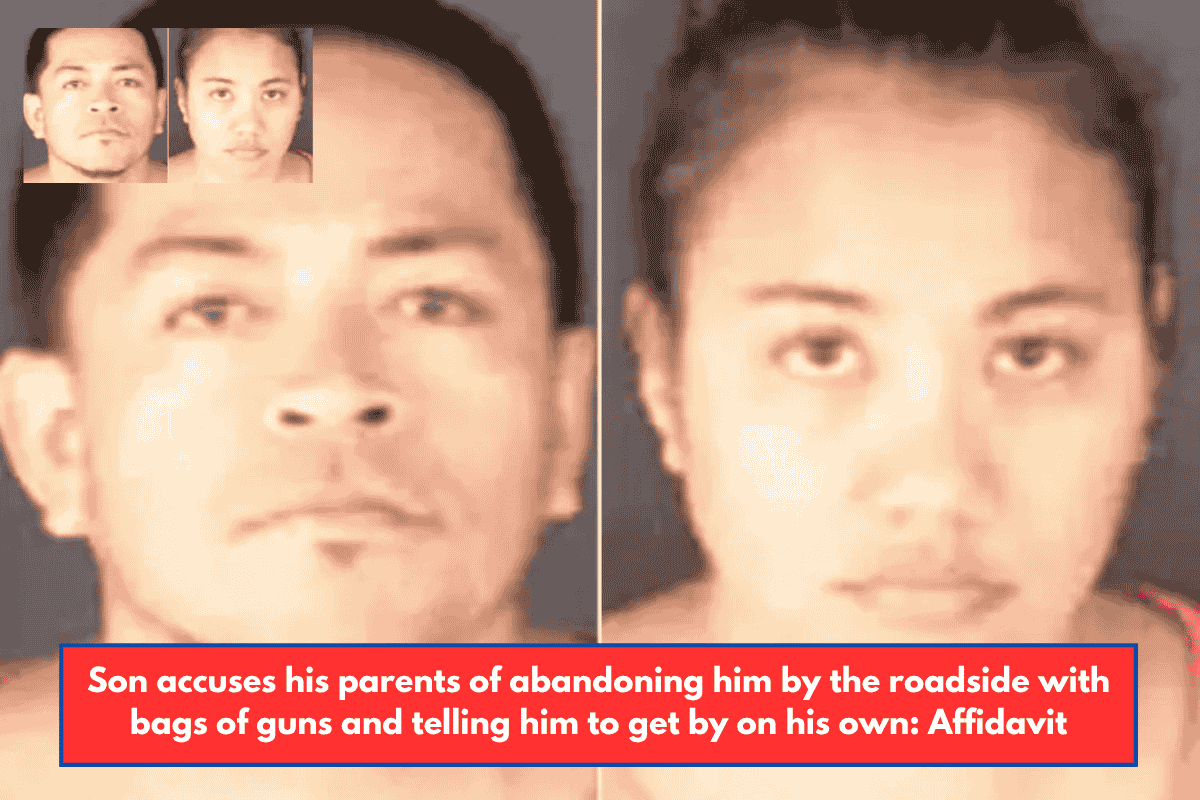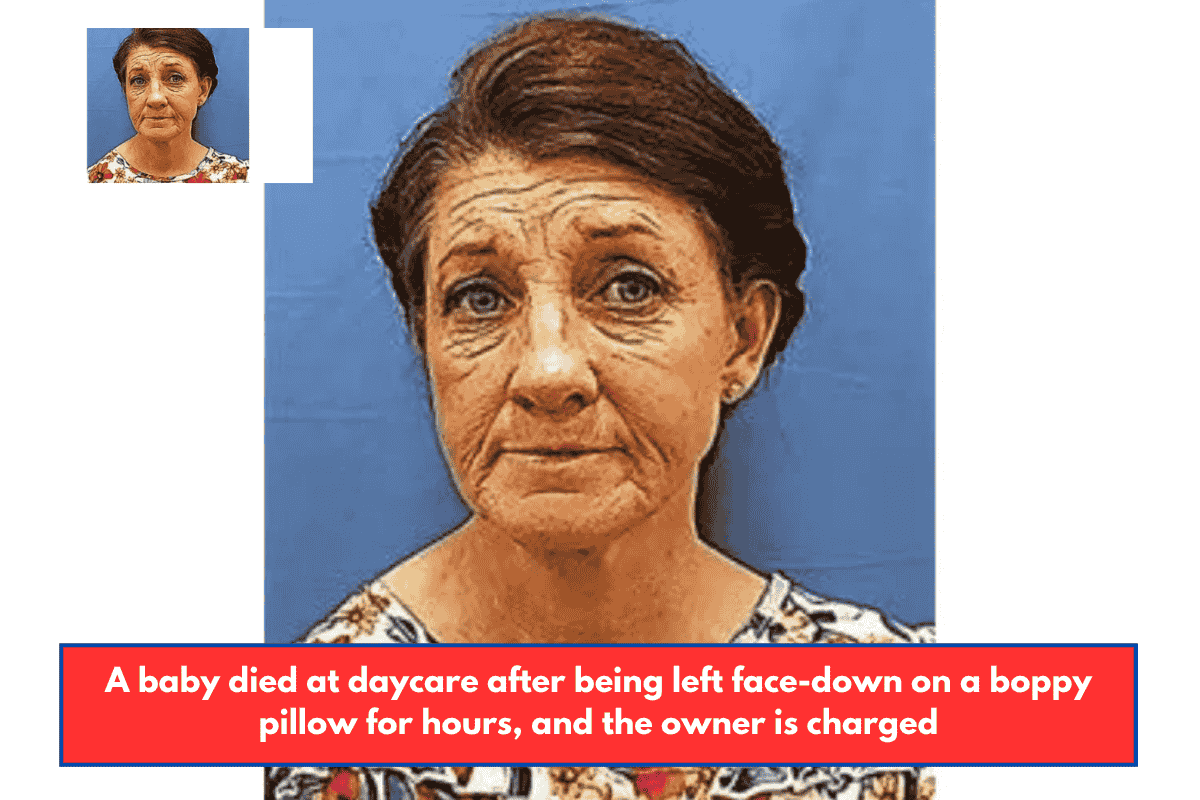A federal judge ruled against former President Donald Trump’s effort to keep his lawsuit about an Iowa poll in state court by improperly adding Iowa politicians to the case.
Background of the Lawsuit
Trump sued the Des Moines Register, pollster J. Ann Selzer, and their parent company Gannett, claiming they committed “consumer fraud” with a poll released just before the 2024 presidential election. The poll showed Vice President Kamala Harris leading in Iowa, but Trump won the state by about 13 points.
Trump accused the defendants of election interference by using the poll to mislead voters.
Adding Iowa Politicians to Move Case
In late January, Trump added Iowa Congresswoman Mariannette Miller-Meeks and former state Senator Brad Zaun as plaintiffs, hoping their presence would send the case back to Iowa state court. Trump’s lawyers argued that because Miller-Meeks and Zaun were Iowa residents, the federal court should lose jurisdiction.
Judge’s Decision
U.S. District Judge Rebecca Goodgame Ebinger rejected this strategy. She ruled that Miller-Meeks and Zaun were added only to “destroy diversity jurisdiction” — meaning to prevent the case from being heard in federal court.
The judge removed Miller-Meeks and Zaun as plaintiffs and denied Trump’s request to send the case back to state court.
Legal Arguments and Next Steps
Trump wants damages and an order to stop future “deceptive polls” from the newspaper. The Register argues that the fraud law Trump uses is not meant for election-related claims and that the relief sought would violate the Constitution.
Trump’s lawyers also claimed the defendants wrongly moved the case to federal court too early (“snap removal”), but the judge said snap removal is legal and proper.
Response from the Newspaper
Gannett, the parent company of the Des Moines Register, said it supports the judge’s decision and is ready to continue fighting the case in federal court.
This case is ongoing and highlights how legal tactics are used to control where a lawsuit is heard, especially in politically charged cases.














